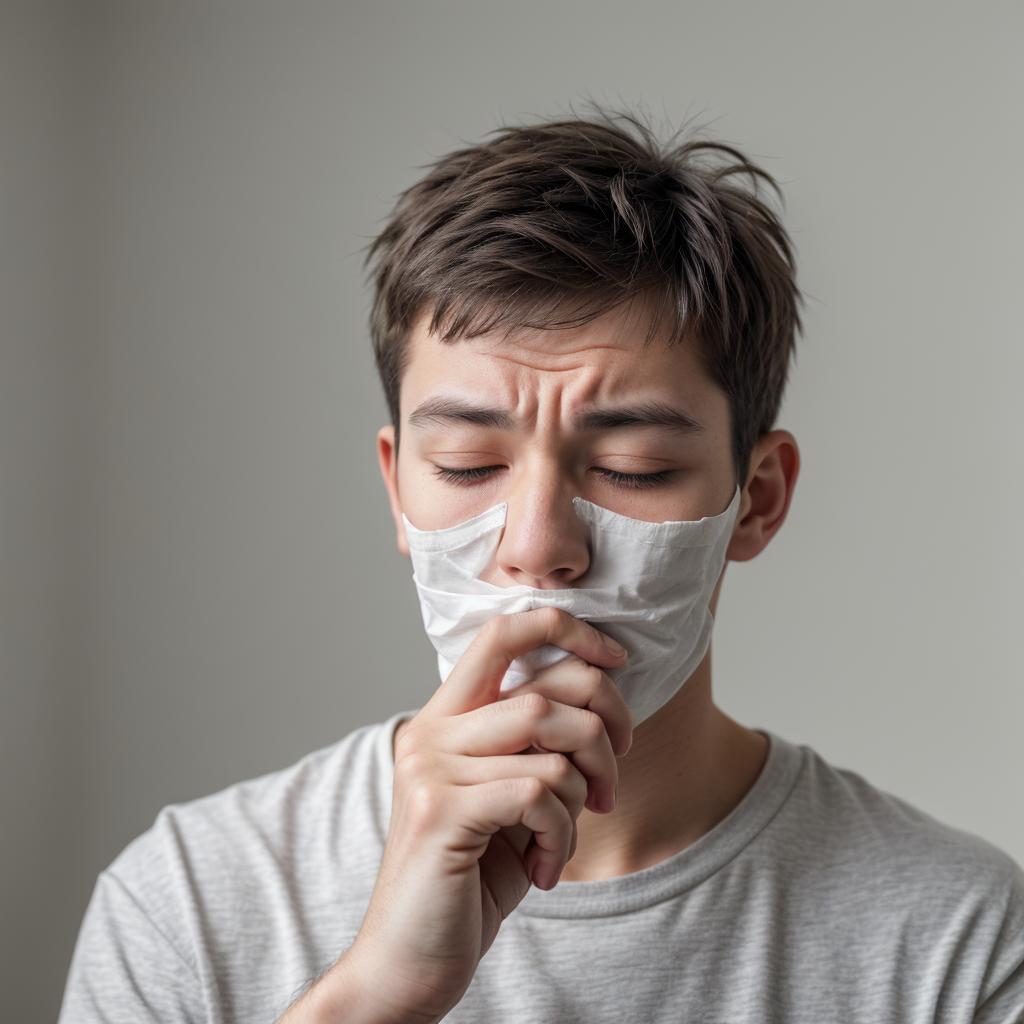

Understanding the duration of allergies
Allergies affect millions of people worldwide, causing discomfort and sometimes serious health issues.
From seasonal allergies triggered by pollen to food allergies and reactions to pet dander, the duration of allergy symptoms can vary greatly depending on several factors. Understanding how long allergies last can help individuals better manage their symptoms and seek appropriate treatment.
Types of allergies and their duration
Allergies can manifest in various forms, and the duration of symptoms often depends on the type of allergy and individual factors. Here are some common types of allergies and their typical durations:
Seasonal allergies:
Seasonal allergies, also known as hay fever or allergic rhinitis, occur in response to airborne substances such as pollen from trees, grasses, and weeds. The duration of seasonal allergies varies depending on the allergen and geographic location. In general, seasonal allergies can last from a few weeks to several months, corresponding to the duration of the specific pollen season.
Food allergies:
Food allergies occur when the immune system reacts to certain proteins found in food. The duration of food allergy symptoms can range from a few minutes to several hours after consuming the allergenic food. In some cases, particularly with severe allergic reactions (anaphylaxis), symptoms can persist for days without treatment. However, once the allergen is eliminated from the diet, symptoms typically subside within a few hours to a few days.
Allergic reactions to insect stings:
Allergic reactions to insect stings, such as those from bees, wasps, hornets, or ants, can vary in duration and severity. Mild reactions, characterized by localized swelling, redness, and itching, usually subside within a few hours. However, severe allergic reactions, including anaphylaxis, require immediate medical attention and may last for several days if left untreated.
Allergic contact dermatitis:
Allergic contact dermatitis occurs when the skin comes into contact with an allergen, such as certain metals, cosmetics, or plants like poison ivy. The duration of symptoms can vary depending on the sensitivity of the individual and the severity of the reaction. Mild cases may resolve within a few days with the use of topical treatments, while more severe cases may persist for weeks.
Factors affecting the duration of allergies
Several factors can influence how long allergies last and the severity of symptoms. These factors include:
Individual sensitivity:
Each person’s immune system responds differently to allergens, leading to variations in the duration and intensity of allergic reactions.
Exposure level:
The frequency and duration of exposure to allergens can affect the persistence of allergy symptoms. Minimizing exposure to known allergens can help reduce the duration and severity of allergic reactions.
Underlying health conditions:
Individuals with certain underlying health conditions, such as asthma or eczema, may experience prolonged or more severe allergy symptoms due to the interaction between allergies and existing health issues.
Treatment and management:
Effective management of allergies through medication, immunotherapy, or lifestyle modifications can help shorten the duration of symptoms and improve overall quality of life for allergy sufferers.
Seeking treatment for allergies
If you experience persistent or severe allergy symptoms, it’s essential to seek medical advice from a healthcare professional. An allergist can help identify the specific allergens triggering your symptoms and recommend appropriate treatment options. Depending on the type and severity of your allergies, treatment may include over-the-counter or prescription medications, allergen immunotherapy (allergy shots), or avoidance strategies to minimize exposure to allergens.
The duration of allergies varies depending on the type of allergy, individual factors, and treatment measures. By understanding the factors influencing allergy duration and seeking appropriate treatment, individuals can effectively manage their symptoms and improve their quality of life. If you’re experiencing persistent or severe allergy symptoms, don’t hesitate to consult a healthcare professional for personalized advice and treatment.



